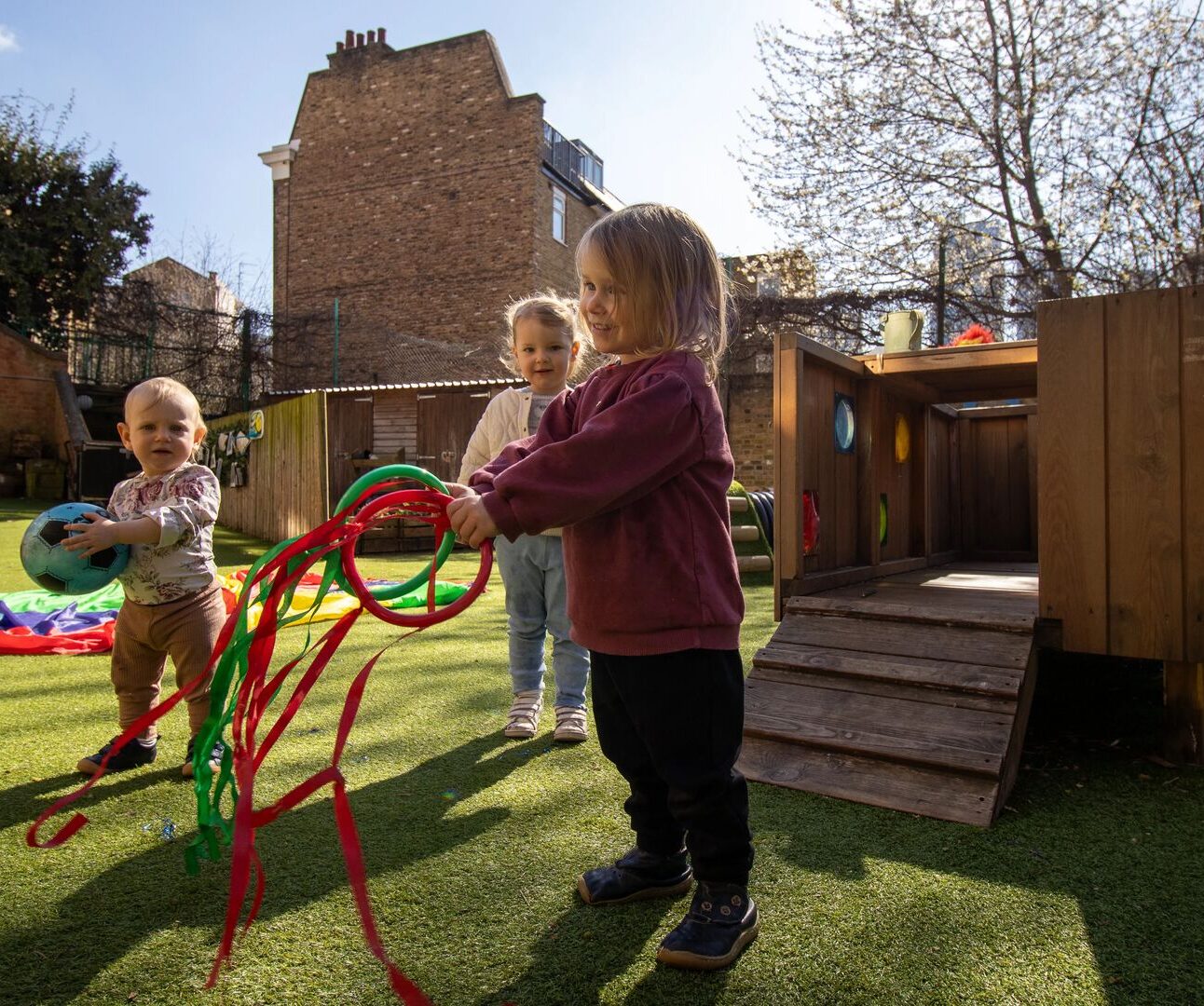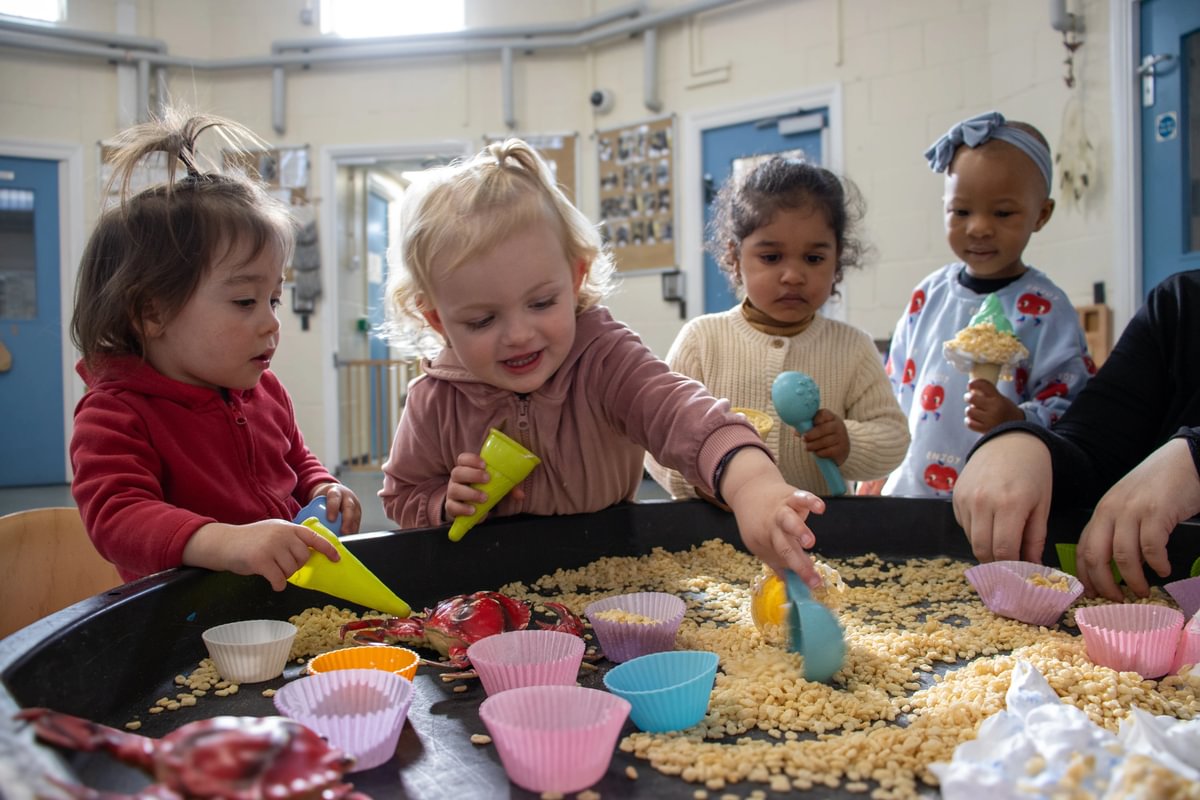
All Change at Ofsted: Come and Hear from the London Team
Ofsted has responded to the Big Listen with changes to how future inspections are conducted. The report findings state that there was: A clear desire for more granular assessments of…
March 21st 2025
We will be hosting it at Bain where we can take up to 100 people in person. This time we are going to also record it so we can share it afterwards. However, there is nothing better than being there in person to meet people, discuss the issues and network.
The meeting will focus on the Ofsted consultation on reforms including the new report card. The consultation runs until the 28th of April, with findings due to be reported in the summer. It is important to engage in this even if your cynical self says they won’t listen.
To get you in the mood, I have done my own analysis of the Early Years Inspection Toolkit (EYIT) which is out for consultation. All I would say is, read it!
The EYIT document is divided into 8 areas:
Each area will be judged and there is no overriding judgement. The report will then have comments in each area under one of the following categories and exemplary practice will be referred to the Ofsted Academy to collect a bank of great examples of high-quality practice-based knowledge and research which drive that continuous loop of improvement across the sector.
The categories will be judged using a report card, which will replace the simplistic overall judgement with a suite of grades, giving parents much more detail and better identifying the areas of improvement. But of course, the other side of this is that it can become more complicated and confusing.
| Cause for concern | Attention needed | Secure | Strong | Exemplary | Ofsted is keen to avoid badging inspections but human nature likes a badge, and you can see the banners now! |
Just to get you going here are my first reflections on the EYIT but you must read it yourself and the other 2 documents up for consultation.
| Comment | Page | My Recommendation |
| There is a pleasing emphasis on the importance of paying attention to children from more disadvantaged communities and families and information about local levels of deprivation – and the community will be included. So there is a level of context when making a judgement. | To do that, staff need to be trained and supported. This is a wider issue, as with children with SEND, which are also referenced throughout. | |
| Leaders are significant in the inspection with less focus on individual staff, except as introduced by the leader during the inspection. Ofsted changed both how the inspection looks and feels, and with much more emphasis on professional dialogue. | The inspection will be a long day for a leader who will lead the inspection with the inspector. Great for experienced leaders with experienced teams and an experienced compassionate inspector. Concerning for anyone else! | |
| Practitioner is used throughout | Change it to ‘Educator’ or my preferred ‘Early Years Teacher’ to reflect the role of most staff. | |
| Children are referred to in some cases as pupils and there is a school tone across the document with references to attendance and school readiness | Replace the term pupil with child consistently, we are looking after babies and small children. This is an Early Years document that should have the focus on the child not the setting. | |
| Fun is never used, not once | This is the Early Years. Learning can be tough, but it also needs to be fun. It is important. | |
| Play is mentioned once | 8 | Discussion of the science of play and play-based approaches is essential and how it is planned, spontaneous and fits into the child’s day. |
| There is no reference to how children learn. This is different from child development | Staff need to be grounded in solid theories of child development and how children learn. This is not happening across the sector and Ofsted has a role to increase the importance of underpinning theories of learning especially given the SEND needs of so many children. | |
| There’s no focus on the children’s voice | Given that the inspector always wants to understand what it feels like to be a child in the setting, this seems like an omission. | |
| There was no reference to pedagogy, yet our task is to lead children to learn | Include pedagogy, a curriculum on its own is not enough. We need to think about our approach to teaching and learning. | |
| The curriculum has a very heavy emphasis on CLL, maths, behaviour and emotions. | We need a line to explain a broad and balanced curriculum. | |
| The focus on physical development is low | 10 | This is an oversight as children use their whole bodies to learn and we need children confident to understand how their bodies work. |
| There is only one reference to outdoors | 17 | Given how important it is that children connect with nature for their learning and wellbeing, this needs to be enhanced. |
| Only one reference to parents in the home | 4 | We need a greater emphasis on home learning, it has significant impact. |
| Food and the healthy diet is highlighted | 16 | We will need to understand how the inspector will objectively judge the healthy diet. Will they have independent training and guidance such as the food standards? |
| Sustainability is referenced once in regard to resources. This is insufficient. | 2 | That needs to be changed especially given the need for us to complete Climate Action Plans (CAPs) which require us to be sustainability informed across all three pillars of sustainability. |
| Attendance and preparing for school | 14 | Interesting about barriers to attendance, is there any research on this? Its never been raised across the PVI where the majority EY children attend. This seems to be bleeding through from wider school issues. Also, no evidence that children attending nurseries are ill prepared for transition except where there are SEND issues. This seems like a school issue and parents not attending nursery problem. |
| The role of the Office in supporting leaders to be able to understand and do the following: | ||
| Safeguarding
Supporting children with SEND Supporting children from disadvantaged families Recruitment and Compliance Understanding the Funding and Pupil Premium Food and Nutrition Equality Act 2010 Supervision and coaching |
16
20 |
|
Read, comment and let’s bring all our thoughts to the London OBC for a full conversation!

Ofsted has responded to the Big Listen with changes to how future inspections are conducted. The report findings state that there was: A clear desire for more granular assessments of…

Just as the ink dries on the Ofsted consultation, up pops another. This time it’s about space, equally important and not to be overlooked. The Department for Education (DfE) has…

On the 7th April, we held the London OBC and here is a summary for those of you who could not attend. We are trying something new,…